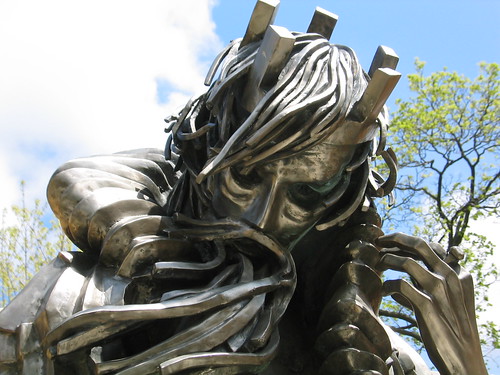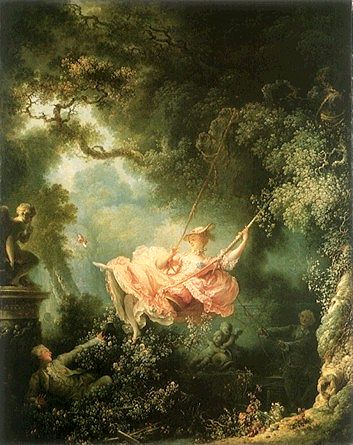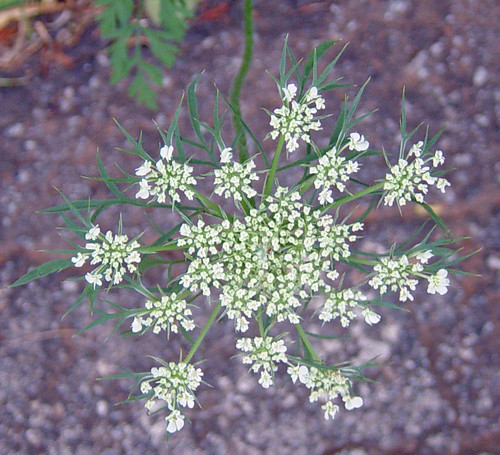From class 12/12/07
1. Poetry, for me, has always permitted a sort of freedom from the pressures I have felt to think, feel, and act in certain ways. Sometimes to thoughts, feelings, actions I've thought I should (or that I've felt pressured to) have, feel, do are not the one's I think are true. Or, sometimes I'm interested in exploring other ways. Reading a poem we might think, feel, react in ways that are not permissible or respectable outside the poem. Of course within that freedom, as with any freedom, one is responsible for what one does, what one chooses to do, with that freedom. I invite you to use the poem to freely explore other ways of thinking, but be responsible; try to remain true to the poem. This exchange between poet and reader brings up another hallmark of reading poetry: intimacy. The intimacy of the relationship between the poem (and most great literature) and the reader is another delight of the reading experience.
2. Reading and responding to poetry takes imagination, invention, creation on the part of the reader. The poem must happen within you. This reminds me of a poem by Bill Knott; it goes something like this:
A Juggler to His Audience
One in the air.
One in my hand.
And one in you.
3. WCW wrote "A poem is a small (or large) machine made of words." WCW believes that by choosing words carefully & artfully, arranging them in a particular way into sentences, breaking the lines in certain places, and creating music with the words the truth of a certain situation, one creates poem-machine--each of which has a purpose unique to that poem. (As Jake said, a toaster is not the same as a car & the two have different purposes.) WCW also believes that some understanding--a certain something--will be revealed in the experience of reading the poem if the machine works. (That's where the reader comes in. As Rebecca said, the machine needs a power source! Our minds, in a sense, animate the machine & each mind, each power, source does this somewhat differently. So the machine works differently depending on its power source, though it remains the same machine. Some power works better than others. Some power is just different than others. Some power sources animate only part of the machine for example. Be a good (i.e. imaginative, thoughtful) power source!)
4. In the next post you'll see three links. Those links will take you to one or more criticism of a poem from WCW's Early Poems. Choose three of those criticisms to respond to. I've changed how many but I'll give you time to work on them in class on Thursday and instead of collecting responses we'll discuss them in class on Friday. The three crits can be of the same poem or different poems. Respond to the same questions you used when responding to Portrait. The purpose of this assignment is to give you some experience reading how others have written about poetry.
5. Remember to post your WCW SOAPSTone + Theme down below if you can. Willie has posted his. Take a look. It's a good model.
Wednesday, December 12, 2007
Subscribe to:
Post Comments (Atom)








1 comment:
if anyone wants to read "The Juggler to his Audience" they can find it at my blog
billknott.typepad.com
on which I have posted all my poetry, every poem I've written since 1960, for open access and free download ...
Post a Comment